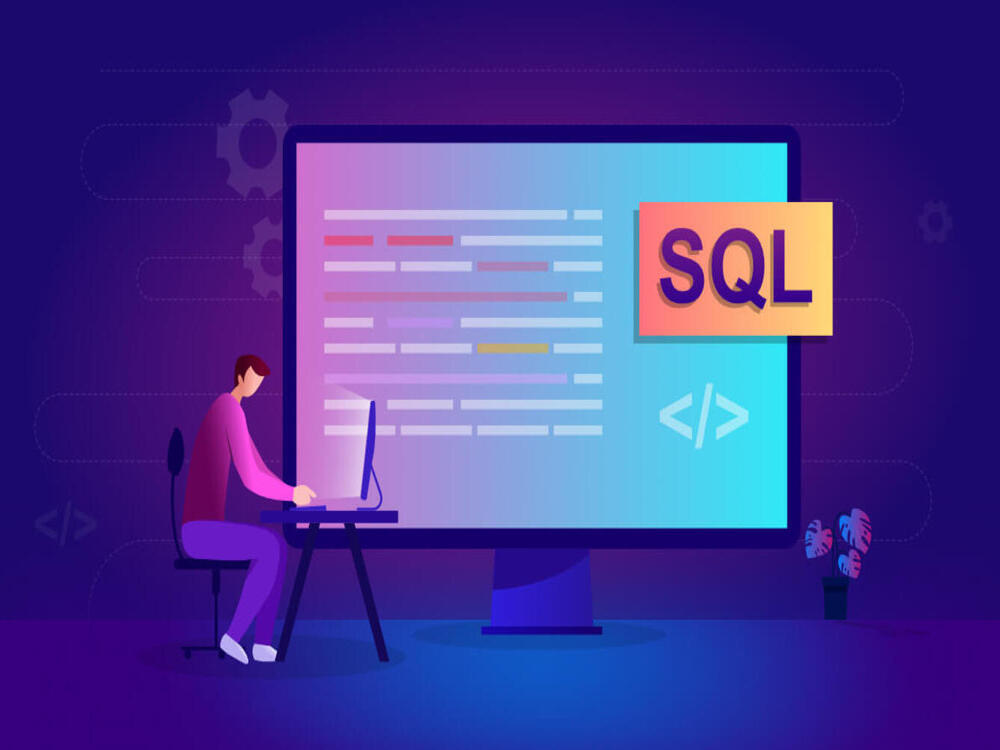
Unlocking the Power of Databases: An In-Depth Look at SQL and MariaDB
Databases SQL MariaDB Data Management Relational Databases Database Administration Tech Skills Backend Development Open Source SQL Queries
Mastering Databases: Exploring SQL and MariaDB
Databases are the backbone of virtually every modern application, storing and managing data that powers everything from simple blogs to complex enterprise systems. In this post, we’ll explore the world of databases, with a special focus on SQL and MariaDB, and why mastering these tools is essential for any aspiring developer.
Understanding Databases
At its core, a database is an organized collection of data, structured to make it easy to store, retrieve, and manage. Whether you're storing user information, product details, or transaction records, databases allow for efficient data management and retrieval.
SQL: The Language of Databases
Structured Query Language (SQL) is the standard language used to communicate with relational databases. SQL allows developers to perform a wide range of operations, such as:
- Selecting Data: Retrieving specific data from one or more tables.
- Inserting Data: Adding new records to a table.
- Updating Data: Modifying existing records.
- Deleting Data: Removing records from a table.
- Joining Tables: Combining data from multiple tables into a single result.
SQL is powerful, flexible, and relatively easy to learn, making it a crucial tool for any developer working with relational databases.
Why MariaDB?
MariaDB is a popular open-source relational database management system (RDBMS) that is a fork of MySQL. It was created by the original developers of MySQL after concerns arose about Oracle's acquisition of MySQL. MariaDB offers several advantages:
- Open Source: MariaDB is open-source, meaning it's free to use and has a large, active community of contributors.
- Compatibility: MariaDB is highly compatible with MySQL, allowing for a seamless transition for those familiar with MySQL.
- Performance: MariaDB offers improvements in performance and scalability, making it suitable for high-traffic applications.
- Security: MariaDB comes with enhanced security features, helping to protect your data.
- Innovation: MariaDB is known for its rapid release cycle and the inclusion of new features, keeping it at the forefront of database technology.
The Power of SQL and MariaDB Together
When combined, SQL and MariaDB offer a powerful solution for managing and interacting with your data. Whether you're building a small web app or a large-scale enterprise system, mastering SQL and MariaDB can greatly enhance your ability to work with data efficiently and effectively.
Why You Should Learn SQL and MariaDB
Learning SQL and MariaDB is a critical step for any developer. Here’s why:
- Versatility: SQL is the foundation of relational databases, used across industries and applications.
- Demand: SQL skills are in high demand, making it a valuable addition to your resume.
- Career Growth: Mastering MariaDB and SQL can open up advanced roles in database administration, data analysis, and backend development.
- Efficiency: SQL allows you to perform complex data operations with simple commands, boosting your productivity.
Whether you're just starting out in your tech career or looking to expand your skills, investing time in learning SQL and MariaDB will pay dividends in the long run.
Thank you for reading, and stay tuned for more insights and tips as we continue our tech journey together!